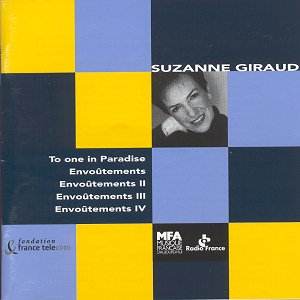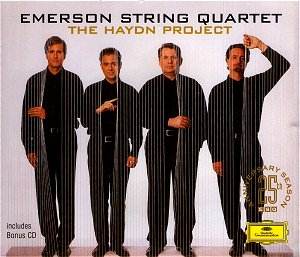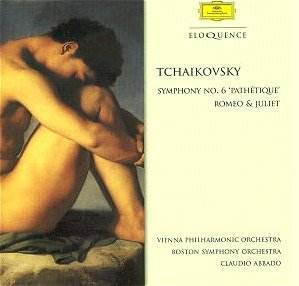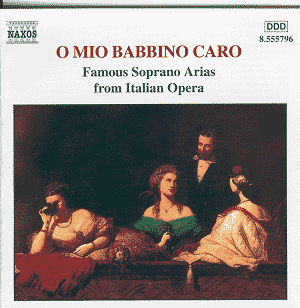 Composer: Josef Rejcha
Composer: Josef Rejcha
Works: Concerto in A major for Cello and Orchestra Op. 4 No. 1; Concerto in D major for Two Violins (or Violin and Cello) and Orchestra Op. 3; Concerto in D major for Cello and Orchestra
Performers: Mikael Ericsson, cello; Jana Vlachova, violin; Czech Chamber Orchestra/Ondrej Kukal
Recording: Recorded Martinek Studio, Prague, February, May, and September 1995
Label: Panton
Josef Rejcha, an often-overlooked figure in the late Classical period, stands at a unique intersection of Bohemian and Germanic musical traditions. Born in 1752 in Chudenice, his work reflects a synthesis of influences that shaped the trajectory of instrumental music in the late 18th century. The performances of his concertos featured on this recording serve not only as a showcase of his melodic and structural ingenuity but also as a compelling argument for his place among the transitional figures leading into the Romantic era.
The A Major Cello Concerto, a work that has retained a modest presence in the repertoire, is particularly notable for its vibrant thematic material and engaging orchestration. Mikael Ericsson’s performance captures the essence of Rejcha’s intent, although it occasionally reveals some intonational inconsistencies, particularly in the upper registers. The opening movement presents a bright and buoyant character, underpinned by a rich interplay between the solo cello and the orchestral strings. The second movement offers a delightful dialogue between contrasting textures, where Ericsson’s command of dynamic range brings out the subtle nuances inherent in Rejcha’s writing. The finale, reminiscent of Matthias Georg Monn in its light-heartedness, showcases a noble Rondo that benefits from Ericsson’s agility and expressive phrasing.
The inclusion of the Double Concerto in D major, featuring both cello and violin, introduces an interesting dimension. Jana Vlachova’s initial hesitance in her exchanges with Ericsson quickly gives way to a more confident engagement, particularly in the slow movement where the intertwining lines over a moving bass create a palpable tension and resolution. This movement exemplifies Rejcha’s affinity for blending unison and solo passages, effectively demonstrating his understanding of orchestral color. However, the finale, while pleasant, lacks the distinctiveness found in the A Major Concerto, feeling somewhat formulaic in its construction and thematic development.
The D Major Cello Concerto, though spirited, does not reach the heights of its predecessor. The first movement, while bright and effervescent, drags slightly due to its overextended thematic material. Yet, it showcases Rejcha’s skill in register exploitation, where the soloist navigates a wide compass of pitch. The Adagio allows for a more introspective exploration of the cello’s capabilities, though it ultimately feels overshadowed by the previous work’s charm. The Allegro finale, infused with energy, rounds off the piece with verve, supported by the Czech Chamber Orchestra’s adept accompaniment under Ondrej Kukal, whose shaping of orchestral lines is both sensitive and engaging.
The recording quality, dating back to 1995, holds up commendably well, with a clarity that allows the intricate textures of Rejcha’s orchestration to emerge distinctly. Panton’s engineering captures the warmth of the strings and the interplay between soloist and orchestra effectively, enhancing the listener’s experience.
This collection serves as a valuable contribution to the discourse surrounding the works of Josef Rejcha, illuminating his melodic inventiveness and orchestral mastery. While not every piece reaches the brilliance of the A Major Concerto, the performances are executed with commendable skill and interpretive insight, making it an essential listen for those interested in the evolution of classical music from the late Baroque through the Classical period. The album asserts Rejcha’s rightful place in the canon of Bohemian composers, offering a fresh perspective on a musical voice that deserves greater recognition.



